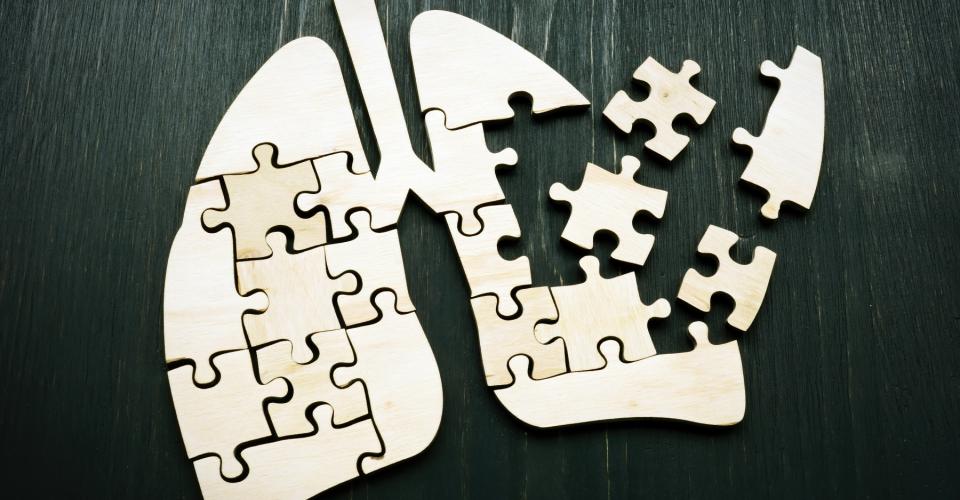Immune genetics plays a significant role in lung cancer risk

An international team of researchers has, for the first time, been able to demonstrate a link between the diversity of HLA genes that regulate the body's immune defense and cancer risk.
HLA genes and their products are part of the body's defense system against microbes and the serious infections they cause. A wide range of HLA genes enables the immune system to recognize and fight a wider range of pathogens and therefore benefits the individual.
Results published in the journal Science show that the diversity of HLA genes also helps to identify and eliminate early-stage cancers.
“Our study highlights the impact of genetics on lung cancer and shows how a broader immune defense can protect against cancer, especially in smokers," said Dr. Hanna Ollila, from the Institute for Molecular Medicine Finland (FIMM) at the University of Helsinki, who led the study in Finland.
Immune response recognizes structures typical of cancer cells
The study focused on lung cancer, the leading cause of cancer deaths worldwide. The findings are based on nearly 600 000 individuals from the FinnGen study and UK Biobank.
The researchers compared the incidence of lung cancer in individuals who had inherited either similar or different HLA genes from their parents. The main risk factor for lung cancer, smoking, was also taken into account.
The results showed that those who inherited similar HLA genes had a significantly higher risk of lung cancer than those who inherited different HLA genes if they smoked or had smoked in the past. In contrast, HLA genes did not affect the risk in non-smokers.
“The lungs of smokers often contain cells with defective surface molecules on their surface due to damage caused by tobacco chemical compounds. Our results suggest that the diversity of HLA genes may help the body to recognize and destroy such cancer cells”, says Hanna Ollila.
The results of the study provide important additional information on the impact of individual differences in immune system efficiency and its influence on cancer susceptibility. They may also be relevant for the future development of treatments and processes to prevent lung cancer.
The study was carried out in collaboration between researchers from the University of Helsinki, Mount Sinai Hospital (New York) and Harvard University.
Original publication: An immunogenetic basis for lung cancer risk. Science, 2024. DOI: 10.1126/science.adi3808
More information:
Hanna Ollila
FIMM, University of Helsinki
hanna.m.ollila@helsinki.fi
X: @HannaMOllila